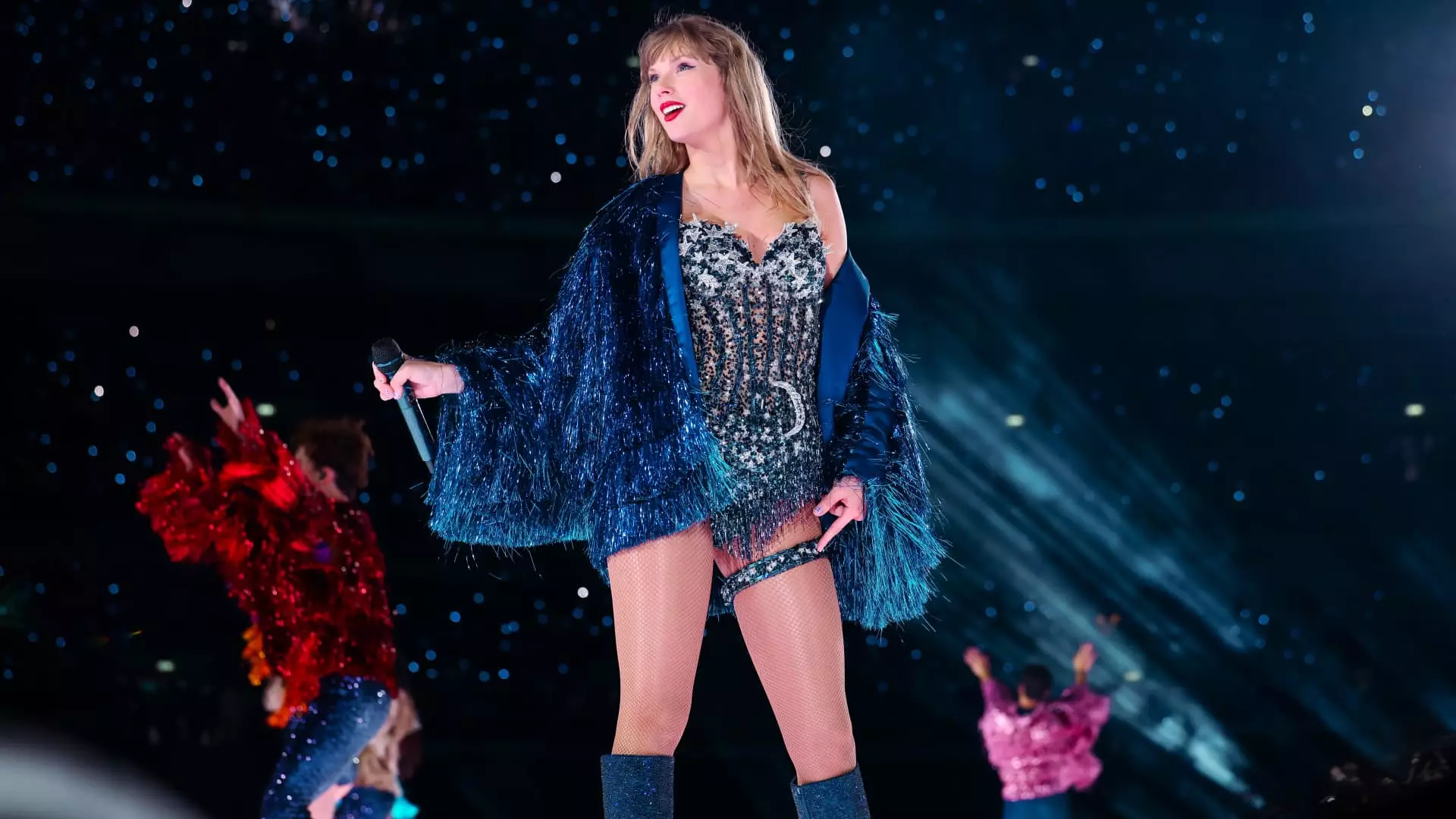In the increasingly intertwined realms of pop culture and politics, the recent confrontation between former President Donald Trump and pop sensation Taylor Swift underscores a complex dynamic. Swift, whose celebrity status spans generations, publicly endorsed Vice President Kamala Harris following a politically charged presidential debate. Trump’s immediate, vitriolic response, declaring, “I hate Taylor Swift!” on his social media platform, Truth Social, encapsulates the often polarizing reactions that celebrity endorsements can provoke.
Swift’s endorsement, delivered via an Instagram post where she outlined her belief in Harris as a “steady-handed, gifted leader,” aimed to bolster the Vice President’s image amidst a turbulent electoral landscape. Her choice of words suggests a desire for stability over chaos, reflecting the sentiments of many voters who are weary of divisive politics. In a culture that often idolizes musical icons, Swift’s influence is undeniable; her statements resonate widely, creating ripples that can impact political engagement.
Trump’s Approach to Dissent and Backlash
Trump’s explosive reaction is emblematic of his characteristic style—eschewing measured responses in favor of emotionally charged statements. By framing his disdain in all caps on Truth Social, he mirrors a trend prevalent in modern social media discourse, where outrage and hyperbole often overshadow substantive dialogue. This reaction raises questions about how public figures engage with dissenting opinions, particularly from individuals with significant cultural clout.
Moreover, Trump’s previous dissemination of manipulated images featuring Swift suggests a strategy to co-opt the narrative surrounding her influence, portraying her and her fanbase as supporters of his administration. Swift’s decision to speak out, accentuated by her self-deprecating reference to being a “childless cat lady,” serves to highlight how women in politics are often subjected to condescending remarks. This tactic not only empowers her message but also promotes a broader discourse on the treatment of women in public life.
The Harris-Walz campaign’s subsequent response to Trump’s outburst creatively wove in Swift’s musical legacy while emphasizing a desire for progress and unity. Spokesperson Sarafina Chitika articulated that obtaining support from figures like Swift might signify a broader hope shared among the electorate—a longing for a new era devoid of the chaos and division synonymous with Trump’s presidency. The campaign’s rhetoric cleverly invited voters to reflect on Trump’s past while positioning Harris as a beacon of hope for the future.
Despite the intensity of such exchanges, the actual impact of celebrity endorsements on political races remains ambiguous. Swift’s endorsement appears to have directly driven significant traffic to Vote.gov, showcasing her potential to mobilize young voters. Yet, the long-term effectiveness of such endorsements in transcending mere fan engagement and translating into tangible electoral outcomes necessitates further examination.
Ultimately, the Trump-Swift debacle serves as a reminder of the weight that public figures carry in the political arena. While celebrity endorsements can galvanize support, they can also spark incendiary backlash, as illustrated by Trump’s reaction. This incident prompts essential conversations about the responsibilities that come with influence—both for those in entertainment and politics. The fallout between a former president and a beloved artist raises critical questions about polarization, the role of media narratives, and the evolving landscape of political discourse in America.


Leave a Reply